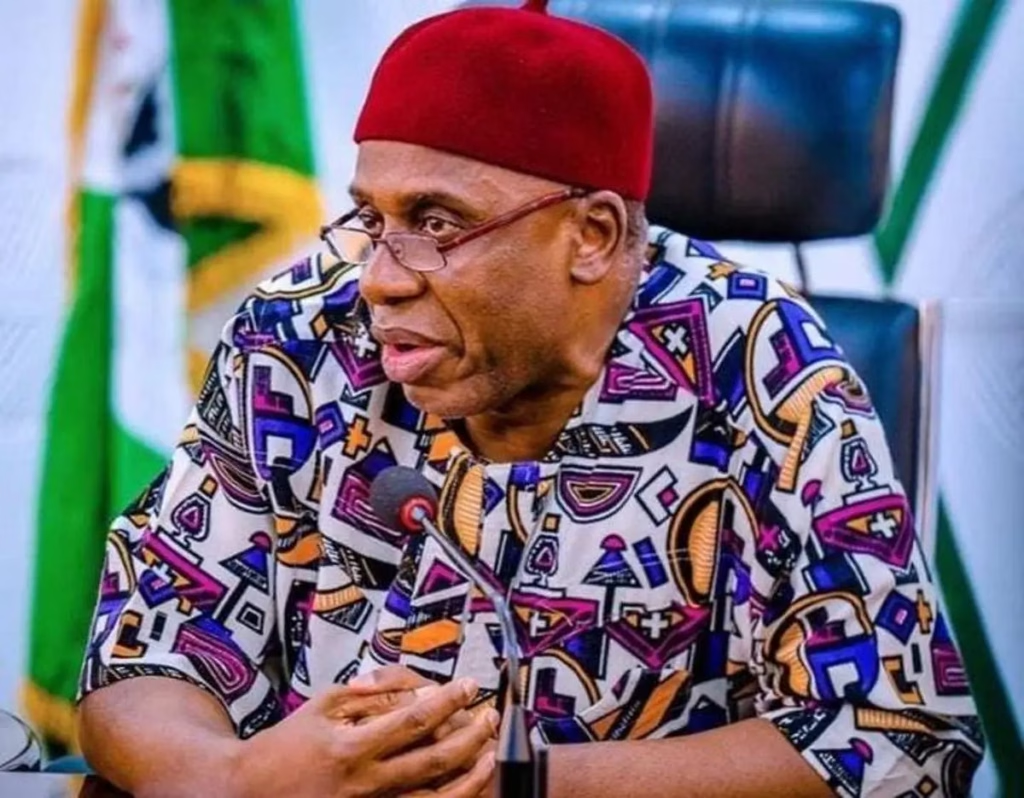Chibuike Amaechi, a former governor of Nigeria’s Rivers State and immediate past Minister of Transportation, has resigned from the ruling All Progressives Congress (APC), labeling the party as a symbol of “failure, pain, and anguish” with little regard for citizens’ welfare. His formal resignation, submitted to APC officials in his hometown of Ubima on July 1, 2025, marks a significant rupture within Nigeria’s political landscape as opposition groups gear up for the 2027 general elections.
In the letter, Amaechi accused the APC of abandoning its founding principles, arguing that the party no longer offers a vision for national progress. “The APC has derailed irreversibly,” he wrote, emphasizing his resolve to collaborate with “patriotic Nigerians” to chart a new course for the country. His departure follows earlier public remarks, reported by Media Talk Africa, in which he declared himself no longer affiliated with the party and dismissed its continued relevance.
A prominent figure in Nigerian politics, Amaechi played a pivotal role in the APC’s rise to power in 2015. His critique carries weight given his prior influence: he served two terms as Rivers governor and later as a cabinet minister under former President Muhammadu Buhari. His resignation amplifies growing fractures within the ruling party, which has faced mounting public dissatisfaction over economic challenges and security crises.
The former minister framed his exit as part of a broader effort to “rescue” Nigeria from what he described as the APC’s failed governance. “This decision stems from extensive consultations,” he stated, signaling alignment with a coalition of opposition leaders aiming to unseat President Bola Tinubu in 2027. While Amaechi did not explicitly name the coalition, his move aligns with recent efforts by disaffected politicians and civil society groups to consolidate opposition forces ahead of the polls.
Political analysts note that Amaechi’s defection underscores deepening instability within the APC, which has struggled to maintain cohesion since Tinubu’s contentious election victory in 2023. The party has yet to issue an official response to his resignation, though insiders suggest internal debates over policy direction and leadership remain unresolved.
Amaechi’s pivot to the opposition camp may galvanize critics of the Tinubu administration, particularly in southern Nigeria, where his influence in the oil-rich Niger Delta region could prove strategically significant. However, questions persist about the opposition’s ability to present a unified front, given Nigeria’s historically fragmented political environment.
As the 2027 elections approach, Amaechi’s exit highlights shifting alliances and the high stakes of Nigeria’s democratic process, with citizens increasingly vocal about demands for accountability and reform.
